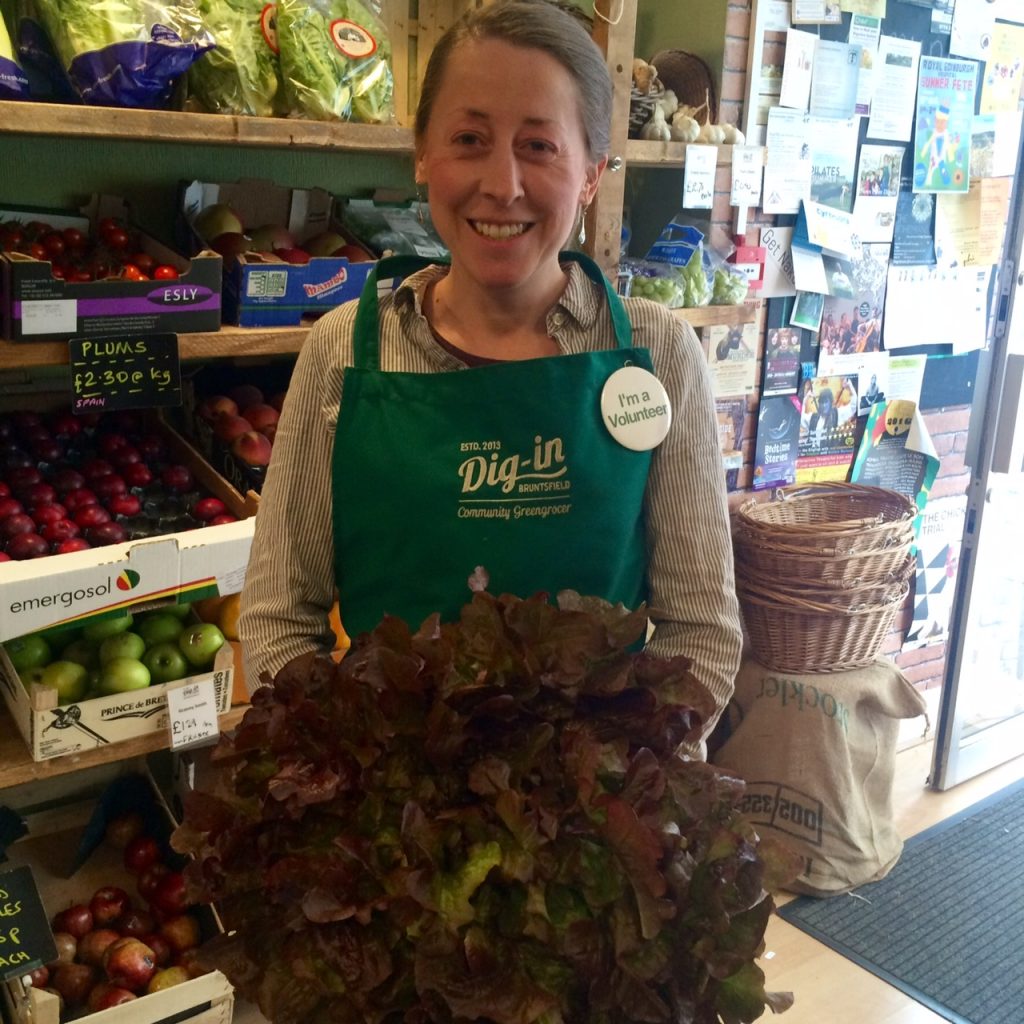Blog by Cristina Romero Rios, Fanni Barocsi and Georgina Hill, University of Edinburgh students
We met Chelsea Marshall on a sun filled morning at the Summerhall Café to discuss her views on Food Security in Scotland. She is bright and cheerful, with a wealth of knowledge that we were grateful to tap into.
With a background in social justice and children’s rights, Chelsea has very comprehensive and compelling views on the issue of Food Security. In her opinion, Food Security can be a very broad concept and we need to be precise about its definition.
‘It matters how people engage in the conversation’ she said. It also matters what specific terms are used when describing nutritious food. When speaking with children about Food Security, she mentioned that the term ‘healthy food’ is sometimes avoided all together, because children do not associate the term ‘healthy’ with something they want to eat. Instead children might be asked what foods will help them grow big and strong. In general, people do not want to be told what to eat, and making sure people are aware of what makes a healthy meal is not enough to ensure they eat healthily.
There are many issues entrenched within the concern of Food Security ranging from gender issues to climate change. Therefore, the issue cannot be solved in isolation, and all angles need to be considered if we want to find viable solutions ‘You can talk all you want about getting food to local communities, but if there are no farmers then there will be no local food.’ This systems level approach is about the fact that food engages many aspects of society, and it is important to keep this in mind when dealing with Food Security.
We then discussed barriers to accessing local nutritious food. Chelsea identified that there ‘are a lot of perceptions and assumptions about people’s food preferences.’ This influences what food is available in a given area. For example, farmers markets that sell local produce are often held in more affluent areas because it is perceived that there is a higher demand.
Chelsea also works on the Dignity Project. She expressed that people genuinely engage with the concept of dignity. This idea is very mobilizing in that people want to be doing dignified work. Some people are struggling to feed themselves on a daily basis in Scotland, and many of the people trying to help are truly inspirational. When asked about what she enjoys most about her job, Chelsea said she enjoys having the opportunity to engage directly with people’s stories.
In today’s busy society we often forget to take the time to ask people their stories and really listen. Therefore, we sometimes miss the inspiring solutions and steps people are taking to solve the problems around us. However, it is fortunate that people like Chelsea are working hard to make sure these stories and solutions do not pass us by.

